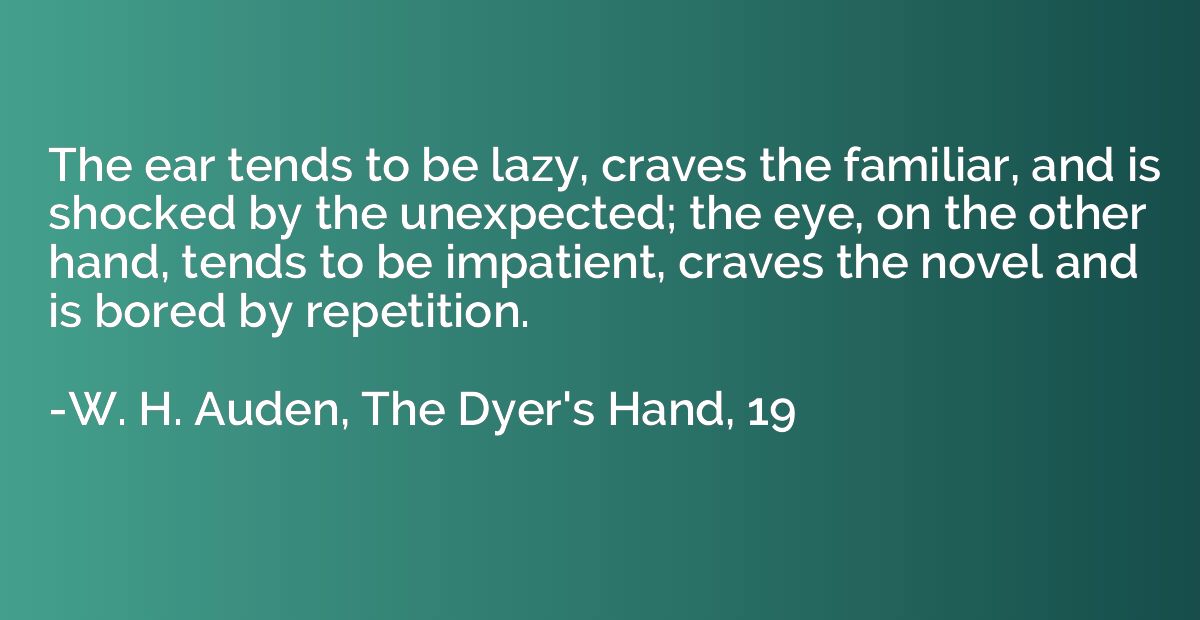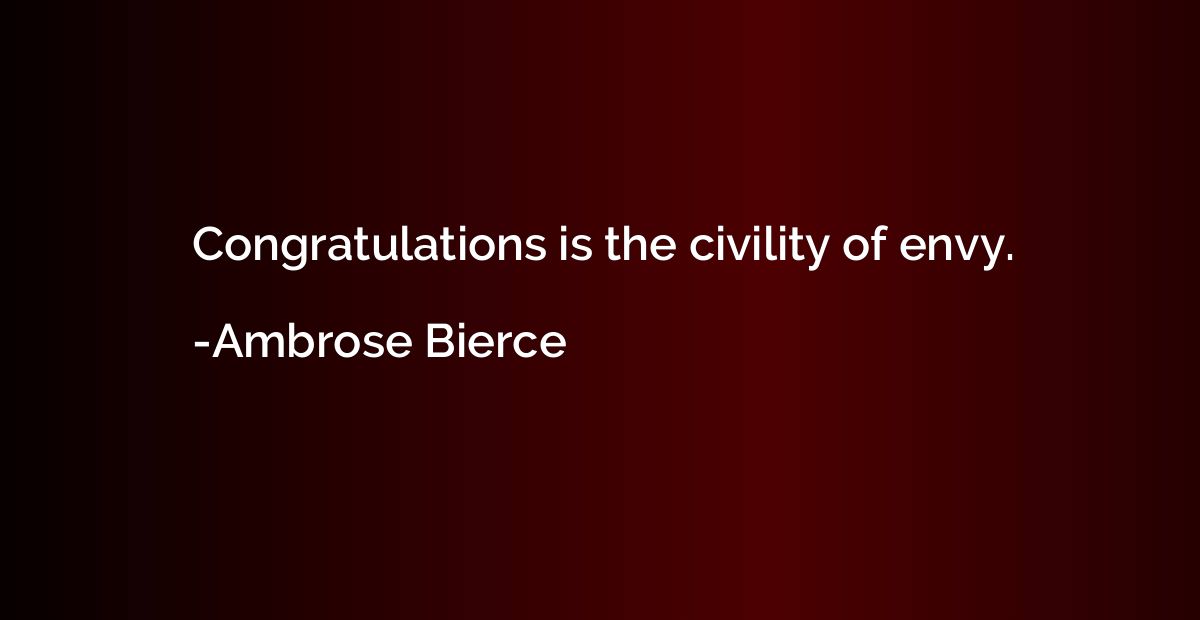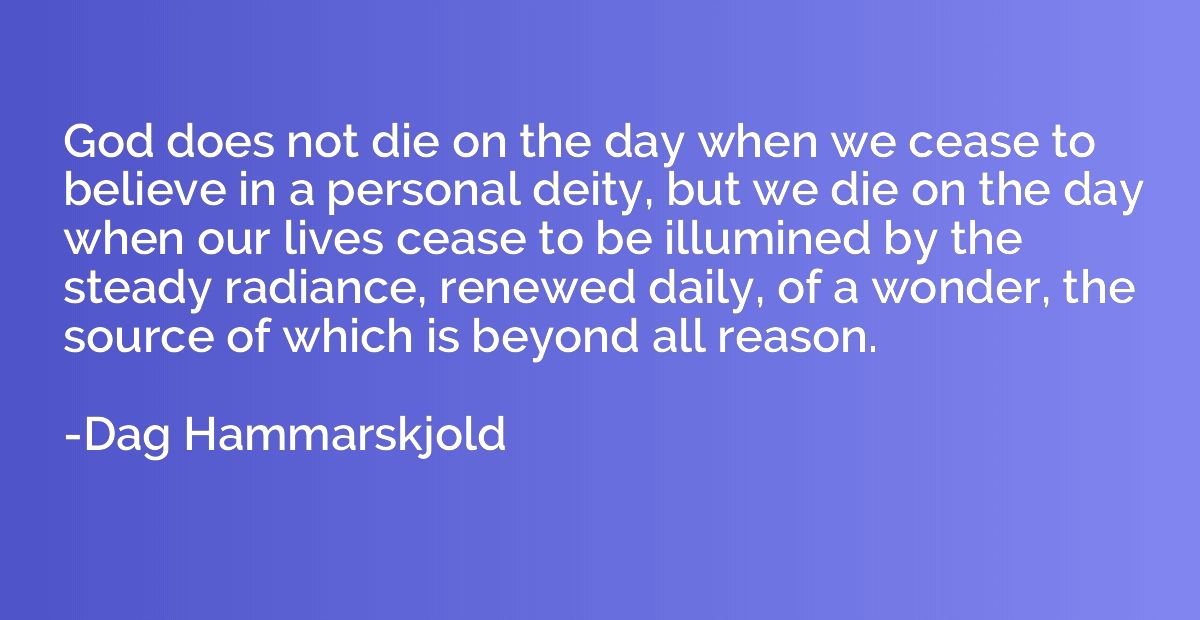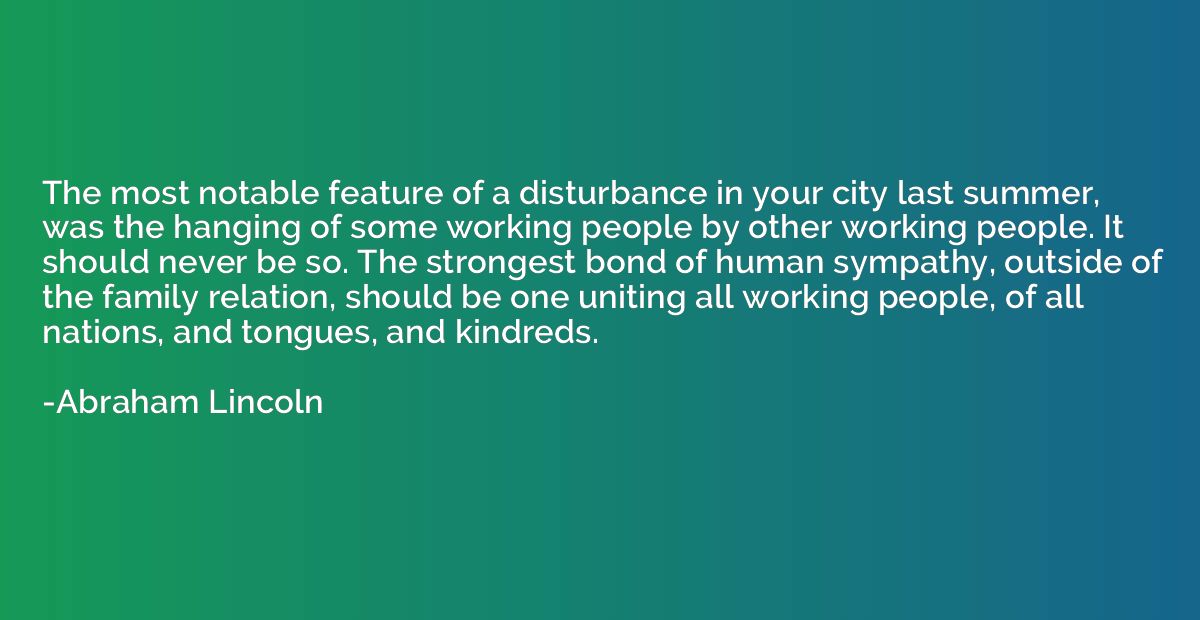Quote by William Shakespeare, The Merchan
I am a Jew. Hath not a Jew eyes? hath not a Jew hands, organs, dimensions, senses, affections, passions? fed with the same food, hurt with the same weapons, subject to the same diseases, healed by the same means, warmed and cooled by the same winter and summer, as a Christian is? If you prick us, do we not bleed? if you tickle us, do we not laugh? if you poison us, do we not die? and if you wrong us, shall we not revenge? If we are like you in the rest, we will resemble you in that. If a Jew wrong a Christian, what is his humility? Revenge! If a Christian wrong a Jew, what should his sufferance be by Christian example? Why, revenge! The villainy you teach me I will execute, and it shall go hard but I will better the instruction.

Summary
This quote is from Shakespeare's play "The Merchant of Venice." In this excerpt, Shylock, a Jewish character, questions the difference between Jews and Christians. He argues that Jews are no different from Christians in terms of their humanity, emotions, and vulnerability to suffering. Shylock challenges the prejudices and injustices he faces and highlights the principle of fairness. He expresses his frustration at the double standards prevailing in society and suggests that if Jews are treated wrongly, they should be entitled to seek revenge, just as Christians would.














